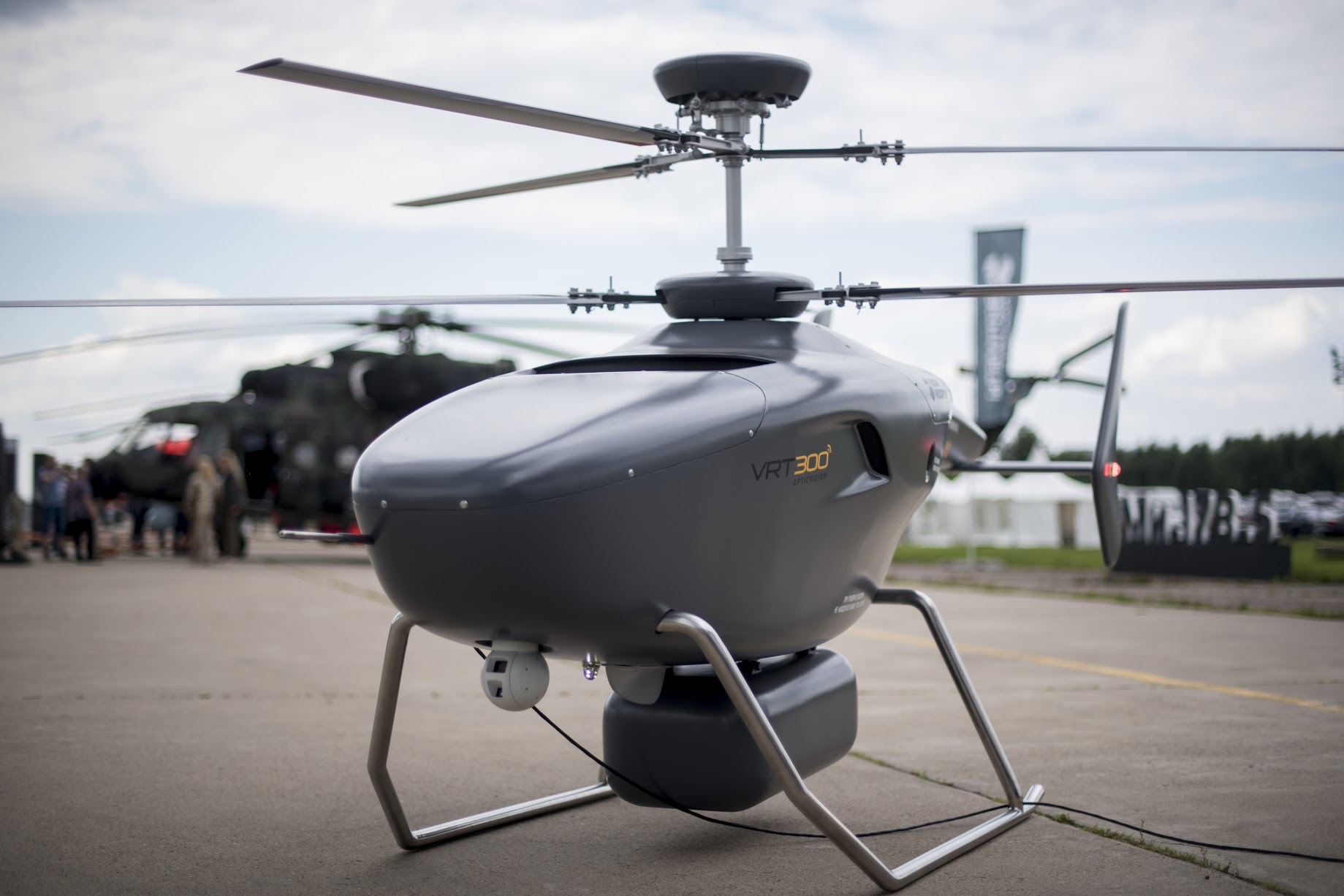
Photo: Anton Tushin
''Russian Helicopters'' Holding of Rostec State Corporation has signed an agreement with Russian Post on the use of unmanned aircrafts (drones) in the Chukotka Autonomous District.
The signing ceremony took place at the International Aviation and Space Show MAKS-2021. Andrey Boginsky, Director General of Russian Helicopters and Maxim Akimov, Director General of Russian Post, has signed the document. Companies will conduct the first test flights along the Anadyr-Ugolnye Kopi route in Chukotka by the end of 2021. Following experimental flights, the parties plan to run unmanned aircraft on 20 routes and use them to deliver up to 245 tons of mail per year. Two Russian Helicopters drones - the latest BAS-200 and VRT300 will be used for cargo delivery.
"Today, we are establishing a mutually beneficial strategic cooperation with the Russian Post aimed both at domestically produced unmanned technology development and postal communications and freight transportation improvement in the Russian Federation. I am confident that this project will create a solid base for further drone technology implementation to postal services, which is especially important for Russians who live in remote and hard-to-reach areas of our large country. If the pilot project becomes successful, we will be ready to sign the first contract for cargo transportation by drones next year and later on, we will be able to scale this experience to other regions," - said Andrei Boginsky.
"Russia has a huge number of hard-to-reach regions where unmanned aircraft can cut delivery times in half on average. According to our calculations, the use of the "Aerotaxi" project in the future will also increase cargo traffic volume by 11 times and at the same time logistics services cost will be reduced by 1.81 times", - said Maxim Akimov.
Russian Post plans to launch unmanned delivery on 48 routes in four regions - Chukotka Autonomous District, Kamchatka Krai, Yamalo-Nenets Autonomous District and Khanty-Mansi Autonomous District. The regulatory mechanism will be involved in the project, provided by the Federal Law "On Experimental Legal Regimes in the Sphere of Digital Innovation in the Russian Federation".
Helicopter-type unmanned aircraft BAS-200 with a maximum take-off weight of 200 kilograms can be applied for terrain monitoring, cargo delivery, search and rescue, and agricultural work. It can reach speed up to 160 km/h and is capable of transporting commercial load up to 50 kilograms. The BAS-200 is capable of flying up to 4 hours at altitudes of up to 3,900 meters. A ground control complex can provide communication with the drone at a range of up to 100 kilometers. Project development and flight tests are conducted by the Mil & Kamov National Helicopter Center.
The VRT300 is a helicopter-type unmanned aircraft system with a maximum take-off weight of up to 380 kg. Drones can be applied for terrain monitoring, cargo delivery, forest protection activities, human search and rescue, and agricultural needs. The drone can carry a payload of 70 kilograms, reach speeds of up to 130 km/h and fly a range of up to 325 kilometers. The actual flight is 5,800 meters and the maximum flight time is 5 hours. The VRT300 was designed by VR-Technology of ''Russian Helicopters'' holding.

